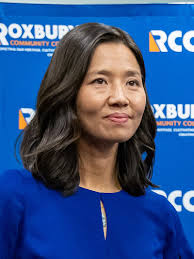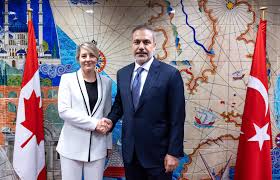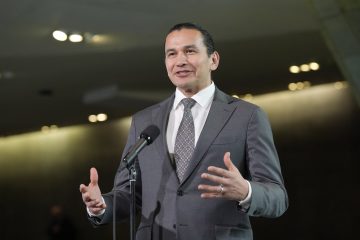Michelle Wu: Pioneering Leadership in Boston

Introduction
In November 2021, Michelle Wu made history by becoming Boston’s first elected female mayor, marking a significant milestone in the city’s political landscape. With her rise to office, she has become a symbol of progressive change, embodying the aspirations of many Bostonians who seek thoughtful governance and inclusivity. Wu’s leadership is particularly relevant as cities grapple with challenges such as climate change, housing affordability, and social equity.
Key Initiatives and Policies
Since taking office, Wu has been at the forefront of numerous initiatives aimed at transforming Boston into a more equitable and sustainable city. One of her flagship policies is the “Green New Deal for Boston,” which focuses on environmental sustainability, aiming to make the city carbon-neutral by 2050. Wu is also committed to addressing the housing crisis by advocating for affordable housing developments and strengthening tenant protections.
Additionally, Wu has introduced the “Boston Racial Equity Plan,” which seeks to address systemic racism in various sectors, including education, healthcare, and public safety. Her administration has engaged with community leaders and activists to ensure that marginalized voices are heard in policy decisions.
Challenges and Responses
Wu’s tenure has not been without challenges. Boston’s recovery from the COVID-19 pandemic, economic disparity, and public safety concerns have all posed significant tests for her administration. Wu has responded by enhancing public health initiatives and investing in community programs aimed at revitalizing the economy. She has also fostered dialogue with law enforcement and community groups to develop strategies for improving public safety while ensuring community trust.
Looking Ahead
As Wu continues her journey as Boston’s mayor, her impact on the city will be closely watched. With a growing focus on climate action, social justice, and equity, she has set a precedent for inclusive governance. Her leadership not only influences policy but serves as an inspiration for future leaders, particularly women and people of color, aiming to break barriers in politics and public service.
Conclusion
Michelle Wu’s election as Boston’s first female mayor is not just a historic achievement; it signifies a new chapter in the city’s governance, reflecting the changing demographics and values of its residents. Her policies and initiatives are expected to shape Boston’s future, making it a model for other cities grappling with similar issues. As she works to navigate the complexities of leadership amidst ongoing challenges, Bostonians are hopeful for the positive changes her administration promises.









